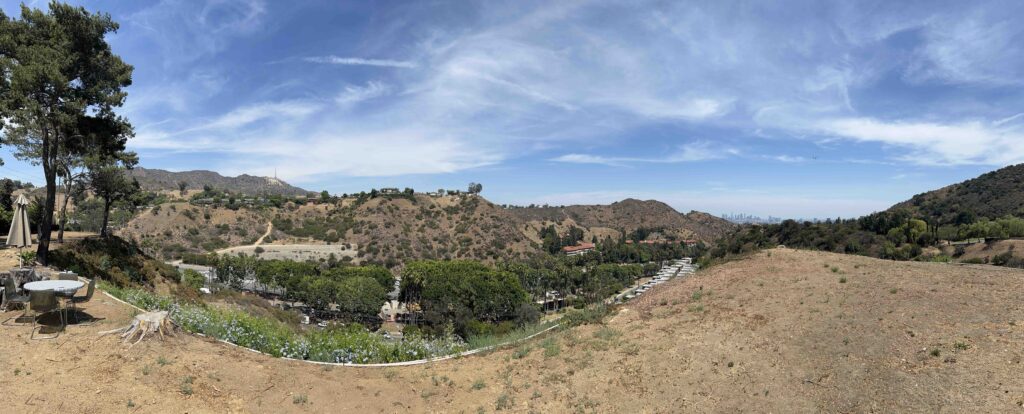
Process will still take several months to go from committee hearing to effective ordinance, but Tuesday’s meeting is a key step forward
Nearly five months after the City Planning Commission unanimously approved a controversial ordinance that would impose significant development limitations on some of Los Angeles’ most affluent neighborhoods, the draft Wildlife Ordinance is finally getting its second public vote.
Although the agenda for Tuesday’s Planning & Land Use Management (PLUM) committee of the City Council hasn’t been released yet, a letter submitted to the case file from council members Nithya Raman and Katy Yaroslavsky indicates that the draft Wildlife Ordinance will be presented to PLUM members early next week.
If approved, the Wildlife Ordinance will impose more significant limitations on allowable floor area, building heights, grading, setbacks and lot coverage than any of the city’s current development overlays. Supporters of the ordinance also believe it will allow wildlife to thrive in an otherwise urban setting. The earliest it would likely become effective is this October.
The initial ordinance will cover Hillside neighborhoods east of the 405, north of Sunset Boulevard, south of Ventura Boulevard and west of the Cahuenga Pass (Bel-Air, Beverly Crest, Sherman Oaks, Studio City, Hollywood Hills and the Bird Streets). Here’s an interactive map created by the city so property owners can determine if their parcel will be impacted by the ordinance.
In the councilmembers’ letter to PLUM submitted yesterday, they urge committee members to support the draft ordinance so it can “address hillside issues and climate resiliency goals on a more systemic level” than recent actions by the council. They also call on the committee to reverse a decision by the Planning Commissioners to exempt up to 1,000 sq. ft. of basement area from the total allowable floor area (vs. 500 sq. ft. originally proposed). The vote to double the exemption was one of the few recommendations by the commissioners that the development community applauded after the CPC vote in January.
Presuming the draft Wildlife Ordinance is on Tuesday’s PLUM agenda, a vote Tuesday by the PLUM committee members won’t automatically send the ordinance to the City Council for final approval. PLUM is expected to take testimony and then vote to send the draft ordinance to the City Attorney’s office to initiate the “Form and Legality process.” PLUM also could (and likely will) instruct City Planning, LADBS and other city agencies to revise, add and/or subtract sections of the ordinance. Once PLUM is done with any requested changes and approves the City Attorney’s proposed ordinance (which could take several months), the ordinance still must be approved by the City Council and signed by the Mayor before it becomes law.
How much time until that could happen? When the Baseline Hillside Ordinance (BHO) was updated in 2017, the first PLUM hearing was Nov. 29, 2016. The City Attorney’s office completed the draft ordinance on Jan. 13, 2017. PLUM voted five days later to approve the draft ordinance, the Council voted to approve it on March 1 and the updated BHO became effective on March 17. That means the total time from first PLUM hearing to effective ordinance for the updated BHO was 108 days. Back in 2010, the original BHO took 286 days from first PLUM hearing to effective date. The recently passed ADU ordinance took 191 days. The Beekeeper ordinance (a much less controversial, citywide ordinance) took 103 days.
From Tuesday, 100 days is early October, 200 days is mid-January 2024, and 300 days would be be late March/early April 2024.
Here’s what the CPC recommended for approval: draft ordinance
Planning staff has already talked publicly about expanding the Wildlife regulations to other Hillside areas in the city, starting with Brentwood and Pacific Palisades. Meanwhile, rumors swirl around City Hall that property owners and/or developers are planning to file a CEQA lawsuit against the city if the Wildlife Ordinance is passed.